‘We will do whatever is required for the welfare of the people’
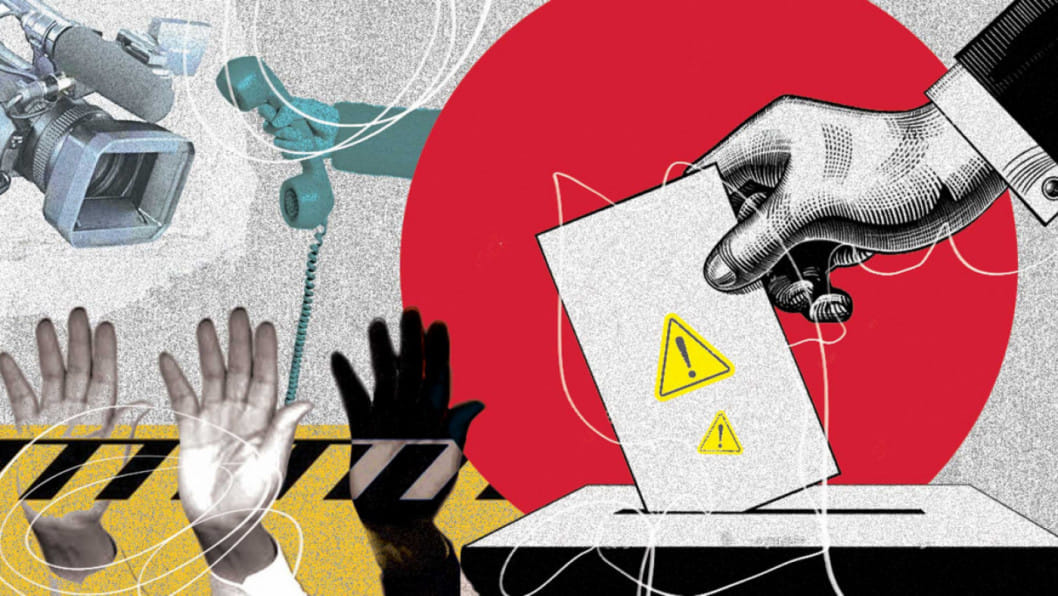
On many issues, we don't see eye to eye with the prime minister. But when it comes to issues of sovereignty, national purpose, and dignity, we are her sincere supporters. When she says that Bangladeshis must stand tall in the world, it resonates in the heart of every one of us. Recently, when asked about outside pressure to hold a free and fair election, she replied, "No pressure will work on me," and added, "We will do whatever is required for the welfare of the people." On both counts, we are with her.
But the question, on which so much hangs, is: who is to determine what is "required for the welfare of the people"? The PM has made it clear that only the Awami League can deliver it. For the BNP, only the removal of AL from power will ensure people's welfare. Theoretically, people are expected to decide what's good for them. Free and fair elections are the only global and historically tested mechanism to ascertain "public will" that will ensure "public welfare." And hence the need for its free and unhindered expression through a genuine election.
Nothing should be done just because our foreign friends are saying so, but because we want it, and we want it because we know its value and have fought for it (our War of Independence was for democracy and our right to vote, which Pakistanis denied us till 1970) and have suffered terribly due to its absence in the recent past.
National pride can be a great pusher for the positive. But it can also make us insular and resistant to vital messages – both internal and external – that contribute to public welfare. The biggest example is the transformation of our RMG sector following the Rana Plaza tragedy. The buyers formed two groups – the Accord and Alliance – and literally forced upon us crucial reforms that benefited the whole sector to the extent that our global status, devastated by the deaths of 1,100-plus garment workers, is now largely restored, and presently we have the highest number of fully compliant "green" factories in the world.
While we are not particularly fans of the IMF, we welcome their conditionalities for granting the $4.7 billion loan. We feel that our financial sector, especially the banking sector, may finally see some crucial reforms that hundreds of media reports, editorials, and columns could not bring about, as was also the case with enforced disappearances and custodial and crossfire deaths at the hands of Rab and police. Like magic, it almost disappeared. So much for internal accountability versus external actions.
Theoretically, people are expected to decide what's good for them. Free and fair elections are the only global and historically tested mechanism to ascertain "public will" that will ensure "public welfare." And hence the need for its free and unhindered expression through a genuine election.
In the present-day world, all of us are entwined in a web of interdependencies, some of which are apparent, but most are invisible. To drive home the point at a personal level, consider the operation of airlines in and out of Dhaka airport. The number of agreements that needed to be signed, protocols observed, clearances acquired, and compliance ensured before a single flight could operate illustrates fully the nature of the present collaborative world. Every aspect of our lives, even for our remote villager who never ventures anywhere save the village haat, is determined by global agreements and legal frameworks and their meticulous compliance on everyone's part, including ours.
Another example of the integrated world is our acceptance of the graduation process from being a Least Developed Country (LDC) to becoming a Developing Country. Who termed us an LDC? Shouldn't our nationalistic pride have made us reject it, saying, "Who are you to stigmatise us as being 'least developed'?" Why don't we now declare ourselves a "developed" country without waiting for some international body's consent? Not only did we comply, but requested two years' extension so that we continue to enjoy concessions given to LDCs as we prepare to graduate. This is not surrendering to outside pressure, but living together in a global village to derive maximum self-benefit.
Like in the world of trade and business, so also in the area of democracy, rights, freedoms, governance, especially in the specific area of democratic elections, there is a huge stack of laws and global practices formulated by the United Nations with our consent, at least the ones professing democracy. Compliance with these practices gives global recognition to national elections that ultimately translate into respect and acceptance of national governments on the international stage. The most potent indicator of it is FDI, and for us the message should be unambiguous. In spite of us being termed a "super star of development" – by The Economist magazine – we have a very low FDI, notwithstanding road shows, visits, and conferences.
Prime Minister Sheikh Hasina, regardless of her unmatched track record in the area of development, will be well advised to examine the questions and the scepticism that surround the last two parliamentary elections. These are not merely BNP propaganda or the work of what she frequently terms "conspirators trying to discredit her government."
Whatever the faults of the past two elections were, Sheikh Hasina was able to weather the criticisms and carry on in power without difficulty. That has emboldened her as to her ability to hold elections, however flawed, and retain power. But far more damagingly – a point we want to stress – it has encouraged her fair-weather supporters, who are corrupt to the hilt, to operate in double shifts believing that they will remain above accountability as she will find some way through another election and retain power.
It is these elements who are far more opposed to a free and fair election than others, as their lives depend on a "managed" election. This group includes – many but not all – politicians, business leaders, senior and mid-level bureaucrats, law enforcement bodies, intelligence community, and other wielders of power including members of my own profession.
This formidable group forms the core of the nexus who are fundamentally opposed to a genuinely free and fair election in Bangladesh, and will do everything possible to subvert all attempts to go in that direction. They serve as an obstacle to any flexibility that the PM may be willing to exercise. (It is rumoured that in the last election, the PM was willing to share some number of seats with the opposition, but the plan was sabotaged at the operational level).
Returning to Sheikh Hasina's assertion that "we will do whatever is necessary for the welfare of the people," the question remains: what will serve "the welfare of the people" best – a controversial election or a free and fair one? The answer is embedded in the question itself – anything that is free and fair is infinitely better than that which is not. And that should be our option of choice – not to please this or that power, but to work "for the welfare of our people," as the PM said.
Postscript
We are deeply disturbed by the happenings of the past two days. If elections to the Supreme Court Bar Association cannot be held peacefully on the sacred premises of our highest court, participated by those who practise law, then what can we expect in the national polls, where the stakes are so much higher and voters are both neutral and party supporters? These lawyers, practising in our highest court, did not confine their differences to be resolved through dialogue, but transformed themselves into bamboo-wielding violent activists, injuring journalists engaged in their professional work.
Mahfuz Anam is the editor and publisher of The Daily Star.

 For all latest news, follow The Daily Star's Google News channel.
For all latest news, follow The Daily Star's Google News channel. 
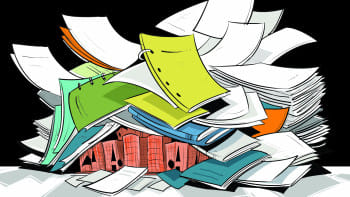
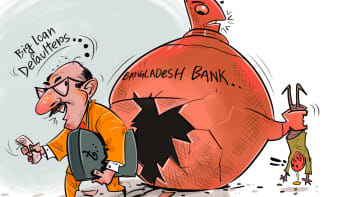


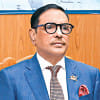
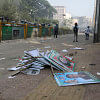
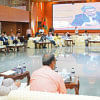
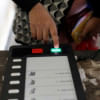
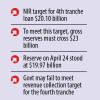


Comments